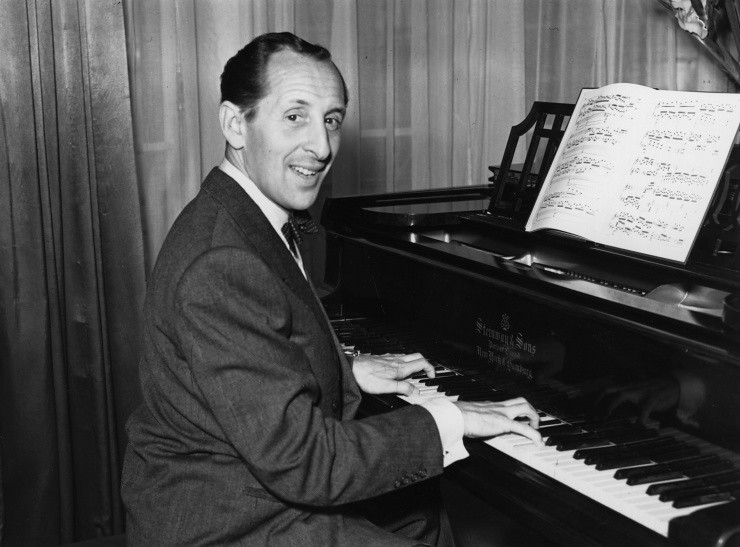“I may play the same program from one recital to the next, but I will play it differently. And because it is always different, it is always new.”
—Vladimir Horowitz, pianist
The Musician’s Way, p. 75
Most of us musicians develop a core repertoire that we perform for years.
In fact, we need to have large amounts of music at our fingertips so that we can present frequent concerts and, if necessary, perform on a moment’s notice.
How can we keep fresh the compositions that we’ve known for years?
Playfulness & Meaning in Deliberate Practice
Two crucial ways to instill freshness are to adopt a playful approach to practice and to create meaning in every sound we make.
When we’re playful, we retain the wonder we felt when a piece of music was new to us. We rouse spontaneous emotions and try out new interpretive angles. We bring a transcendent feel to each phrase.
“When we’re playful, we retain the wonder we felt when a piece of music was new to us.”
Playfulness alone, though, isn’t enough for us engage in the sorts of deep, deliberate practice that public performance requires. We also need to care profoundly about how we sound and about the importance of music in the world.
That’s where meaning comes in.
We make meaning when we continually refine and find purpose in our music making. Then, even with our core repertoire, we find rich veins of musical meaning to mine:
- We devotedly practice technical and interpretive details.
- We enjoy slowing down and recalibrating.
In total, by cultivating playfulness and meaning, we unleash creative energy and ignite our motivation to work.
Part I of The Musician’s Way abounds with strategies that bring joy and meaning to deliberate practice.
Related posts
The Art of Spontaneity
Performance-Oriented Practice
Playful Practice
Refining an Interpretation
When Every Note Vibrates with Life
© 2015 Gerald Klickstein


